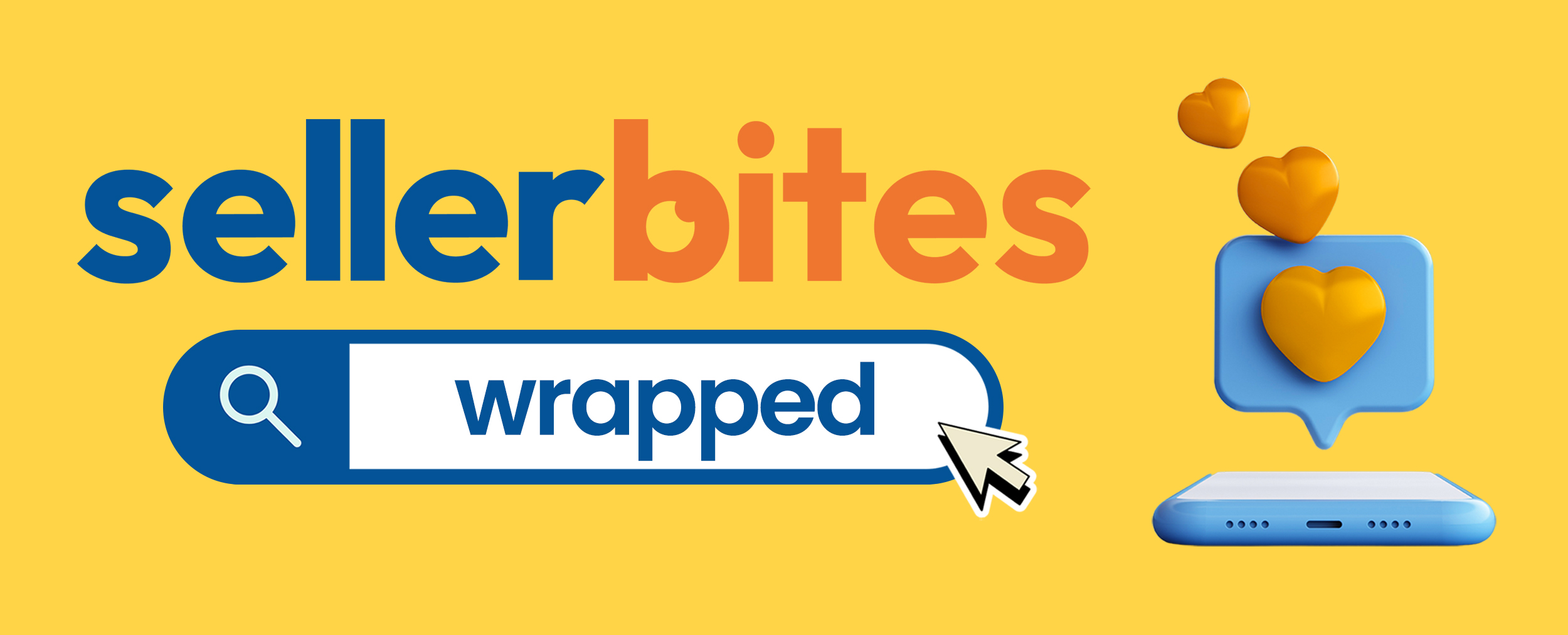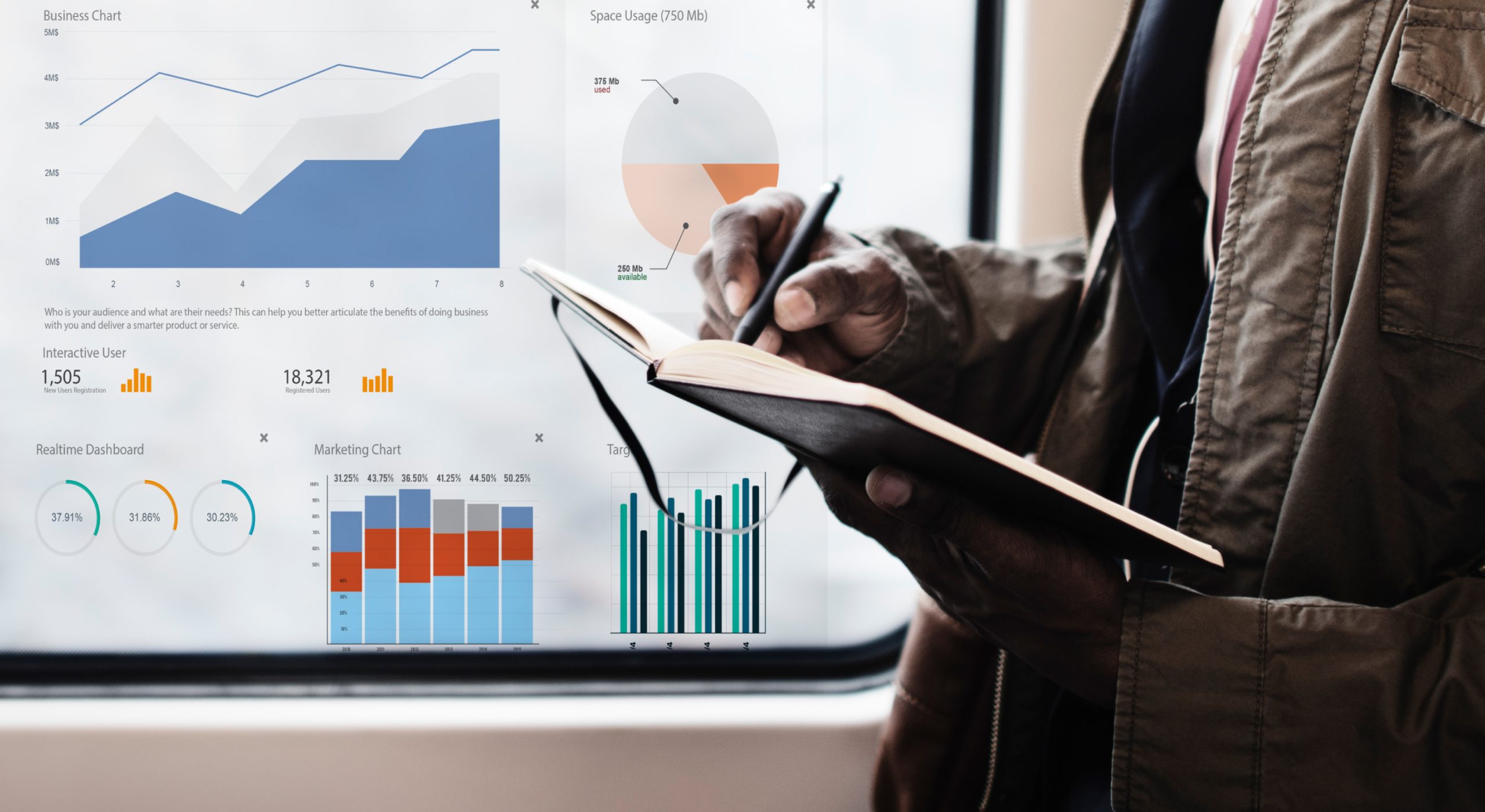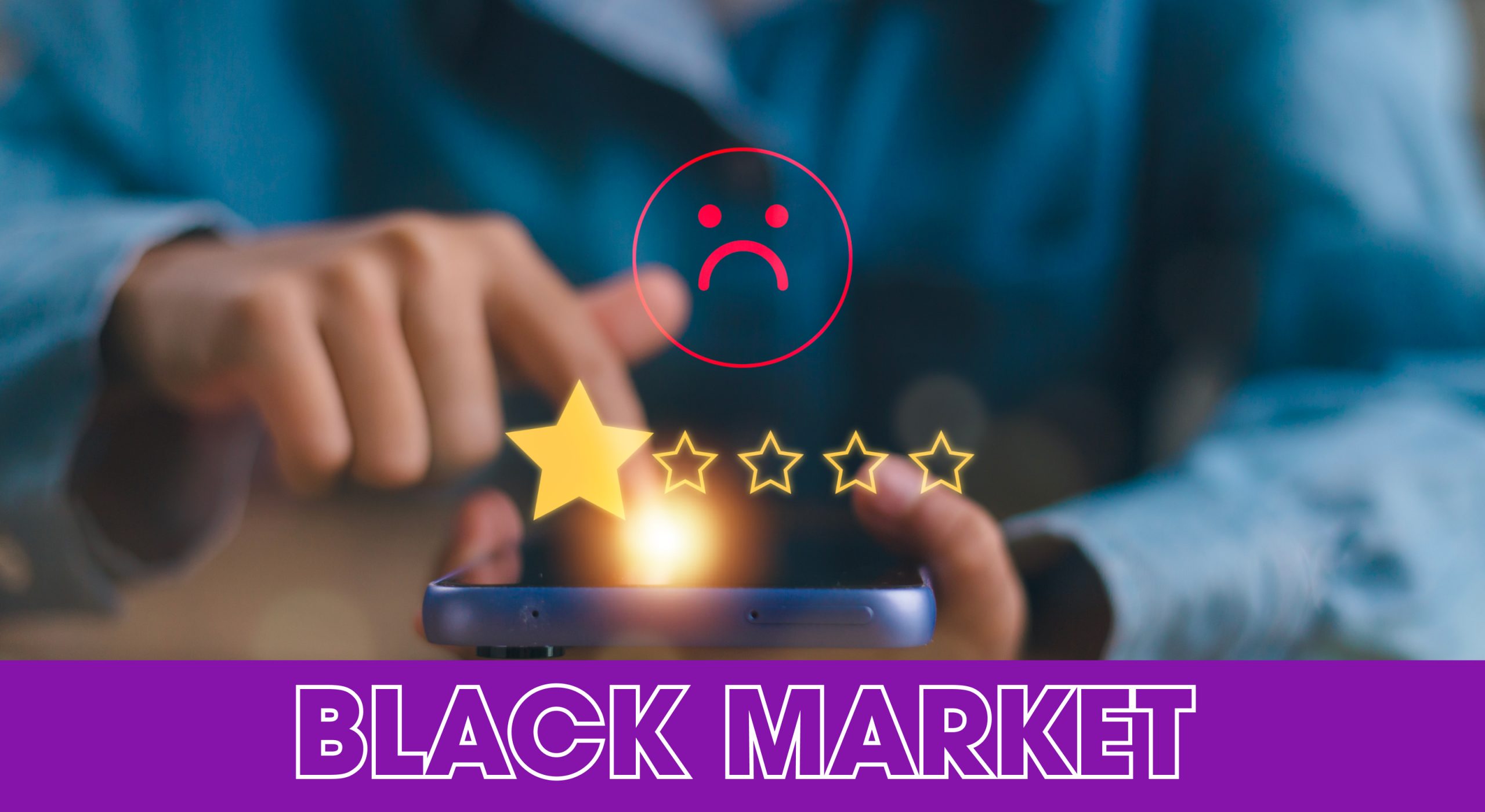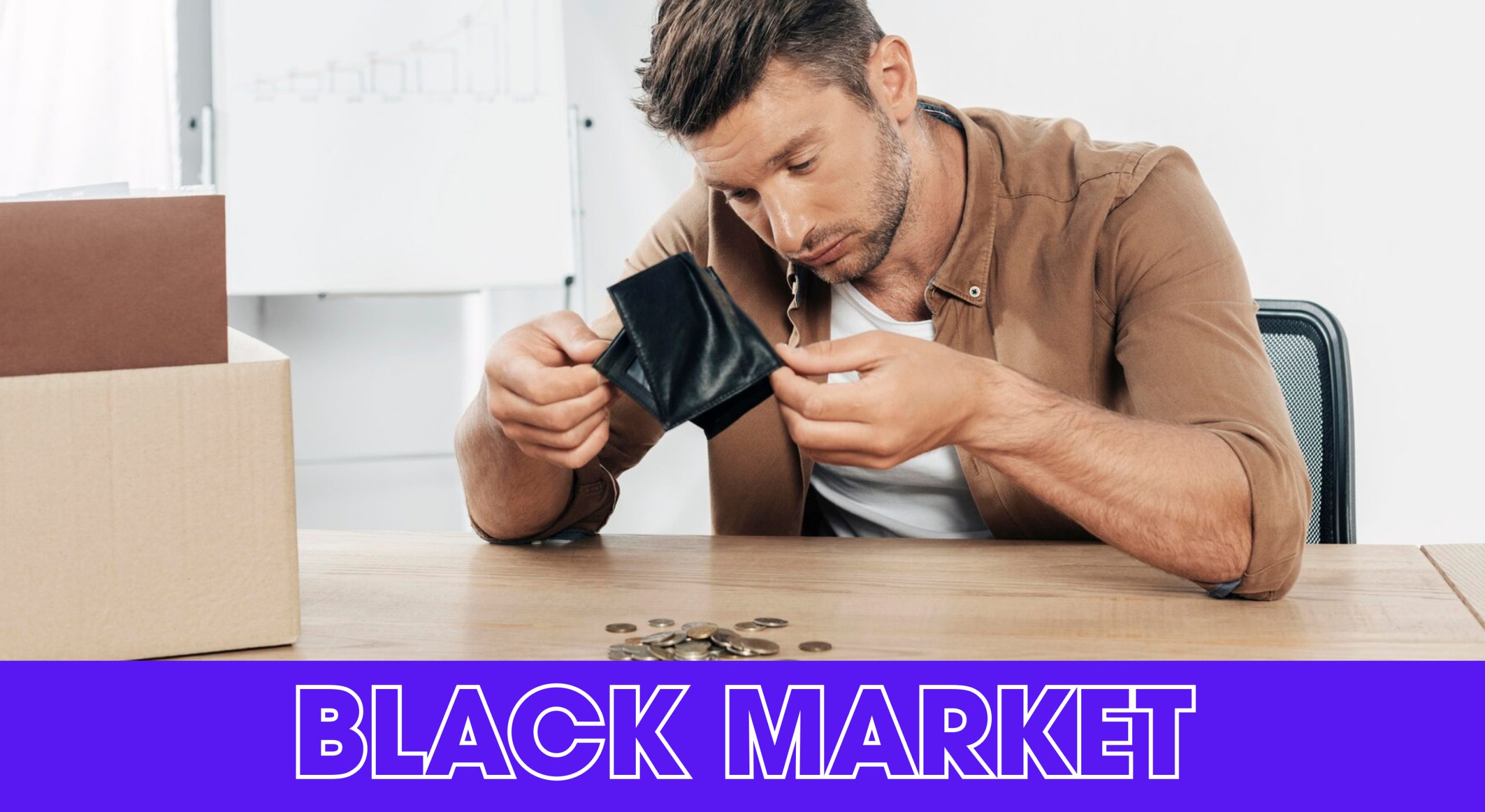Did you know Amazon’s marketing portal crashed on the first day of Prime Day? Sellers weren’t able to manage their budgets and bids on keywords for 2 hours, which might have had a significant effect on their sales.
By now, you would expect Amazon to not have that kind of issue. But of course, not everyone can meet expectations. For today’s issue, find out if the retailer has met other expectations for Prime Day.
- Prime Day’s actual numbers vs. expectations 🔍
- The secret to unlocking your Prime Day earnings 🔐
- Lost Buy Box before Prime Day 😶🌫️

BIG IDEA
A day before the biggest Amazon sales event took place, Adobe Analytics predicted that shoppers would splurge a whopping $14 billion—a 10.5% increase from last year. This record-breaking spending is fueled by steeper-than-usual discounts ranging from 9% to 22% across various categories.
But do the current stats live up to this prediction?
📊 Numerator’s Amazon Prime Day Tracker provides real-time insights into Prime Day. Here’s the latest scoop as of 8 AM ET on July 17:
- Spending trends
- The average order size is $60.03, with half of the households placing 2+ orders. This brings the average household spend to approximately $126.24.
- Top buys of 2024
- Top-selling items so far include Amazon Fire TV Sticks, Premier Protein Shakes, and Liquid IV Packets.
- 62% of items sold are under $20.
- 4% of items sold are over $100.
- Average spend per item is $28.47.
- Leading categories are apparel & shoes, home goods, and household essentials.
- Top-selling items so far include Amazon Fire TV Sticks, Premier Protein Shakes, and Liquid IV Packets.
- Shopper demographics
- Prime Day is attracting a very specific crowd: high-income, suburban females aged 35 to 44. Here’s a deeper look:
- 89% are Amazon Prime members.
- 86% have been Prime members for over a year.
- 98% knew it was Prime Day before shopping. 🛍️
- 58% said Prime Day was their main reason for shopping.
- 87% have shopped on Prime Day in the past.
- Prime Day is attracting a very specific crowd: high-income, suburban females aged 35 to 44. Here’s a deeper look:
- Shopper sentiment
- Over 66% are highly satisfied with what they’re getting.
- Approximately 53% checked prices with other retailers before committing to their purchases.
- About 35% also preyed on last week’s Target Circle Week and Walmart Deals sales.
Note: These statistics are based on 30,655 Prime Day orders, 14,543 households shopping, 62,928 items purchased, and 1,293 verified buyer surveys.
💭 What do these numbers say?
Predicting exact outcomes can be tricky. But given historical trends, the growing popularity of Prime Day and data-driven insights suggest that reaching—even exceeding—the $14 billion mark is quite feasible.
However, until we receive the final stats report from Amazon, we can't be certain of anything. Unexpected factors, like supply chain issues, could impact actual sales. One thing is clear though: Prime Day remains a huge opportunity to boost sales and attract new customers.
BTW, you can view the latest Prime Day statistics here.

TOGETHER WITH LEVANTA
Unlock your Prime Day earnings with affiliate marketing
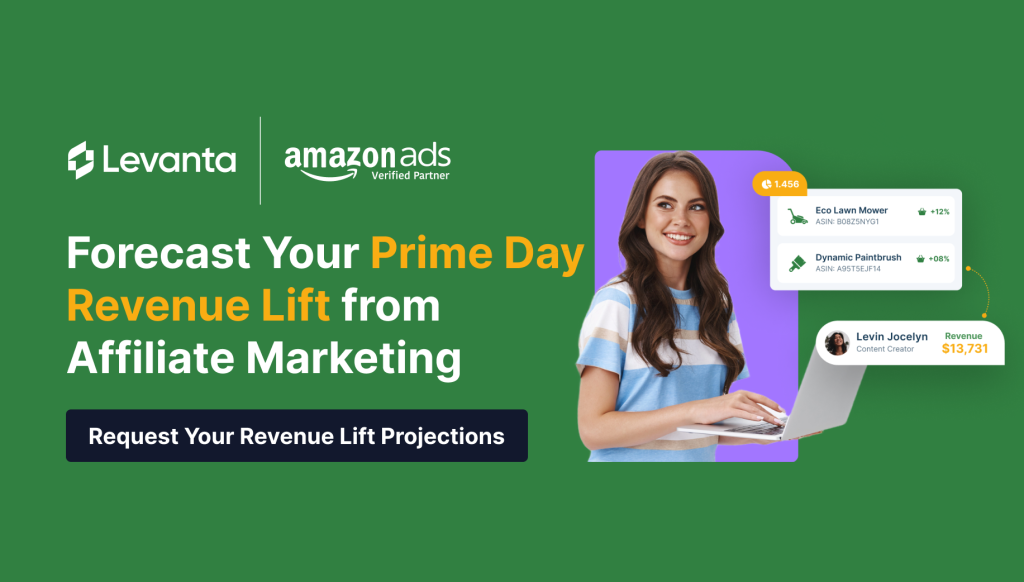
Project your potential earnings from affiliate promotions with the new Affiliate Marketing Revenue Lift Calculator. Designed for Amazon sellers, this tool helps you estimate the revenue boost you can achieve during Prime Day by leveraging affiliate marketing.
- Free forecast: Get a product category projection of your Prime Day earnings and the surrounding month.
- Data-driven: Uses benchmarks from thousands of successful brands during Prime Day.
- Boost earnings with affiliate marketing: Attract high-quality traffic, pay only for sales, and boost your chance to get the Best Sellers Rank. Plus, benefit from Amazon's 10% Brand Referral Bonus.
Sample forecast for a pet supply brand sold on Amazon:
Request your FREE forecast now

BITES OF THE WEEK
- Prime India: Amazon India announced new product ranges for their own Prime Day on July 20-21.
- Prime Cost: Big sales mean big environmental impact, even with Amazon's efforts toward sustainability.
- Prime Dominance: Prime Day is expected to reinforce Amazon's crown in ecommerce and retail.

HOT TOPIC
Why did sellers lose Buy Box spots right before Prime Day?

Prime Day generally brings good promises and news to Amazon merchants. However, some sellers aren’t too happy with the event, as they lost their Buy Box spots right before it started!
In a report by Independent, Amazon's algorithm revoked the sellers’ Buy Box privilege due to their deals during Target's Circle Week. Here’s what went down:
📦 Buy Box blues
FYI, the Buy Box accounts for 98% of sales on Amazon. To secure this spot, you need to offer the lowest price on Amazon, not on other sites like Target.
If a lower price appears on a competitor's site, you can kiss that Buy Box goodbye. This can lead to a significant drop in your product visibility. 📉
Brandon Fishman, founder of VitaCup, learned this lesson the hard way.
- During Target's Circle Week, just a week before Prime Day 2024, Brandon listed his coffee at $13.43, about $1.50 less than on Amazon.
- Amazon’s algorithm detected these lower prices elsewhere. The next thing he knew, he lost his spot to a reseller!
Brandon also shared that his Buy Box spot generates $20 million in sales annually. It was a tough break, especially when preparing for one of the biggest sales events of the year.
🤖 Algorithmic headaches
The situation became complicated due to a change in how Target displays its sale prices. Instead of showing a percentage off (as they usually do), they listed the actual sale price. This triggered Amazon's algorithm to flag Brandon’s pricing.
This tussle over pricing control isn’t just frustrating for sellers; it also sparked legal battles. The FTC has stepped in, claiming that Amazon's practices could stifle competition.In Brandon’s words, “If I want to have a sale on Target for a week, I should be allowed to. I shouldn’t have to be on sale everywhere.” Sounds fair, right? 👂

